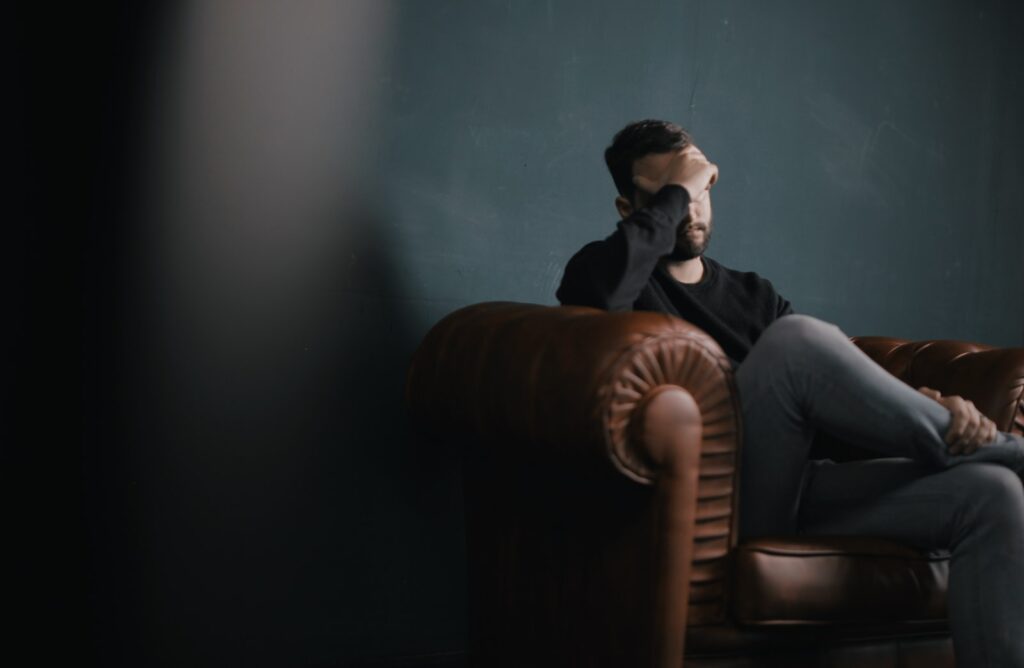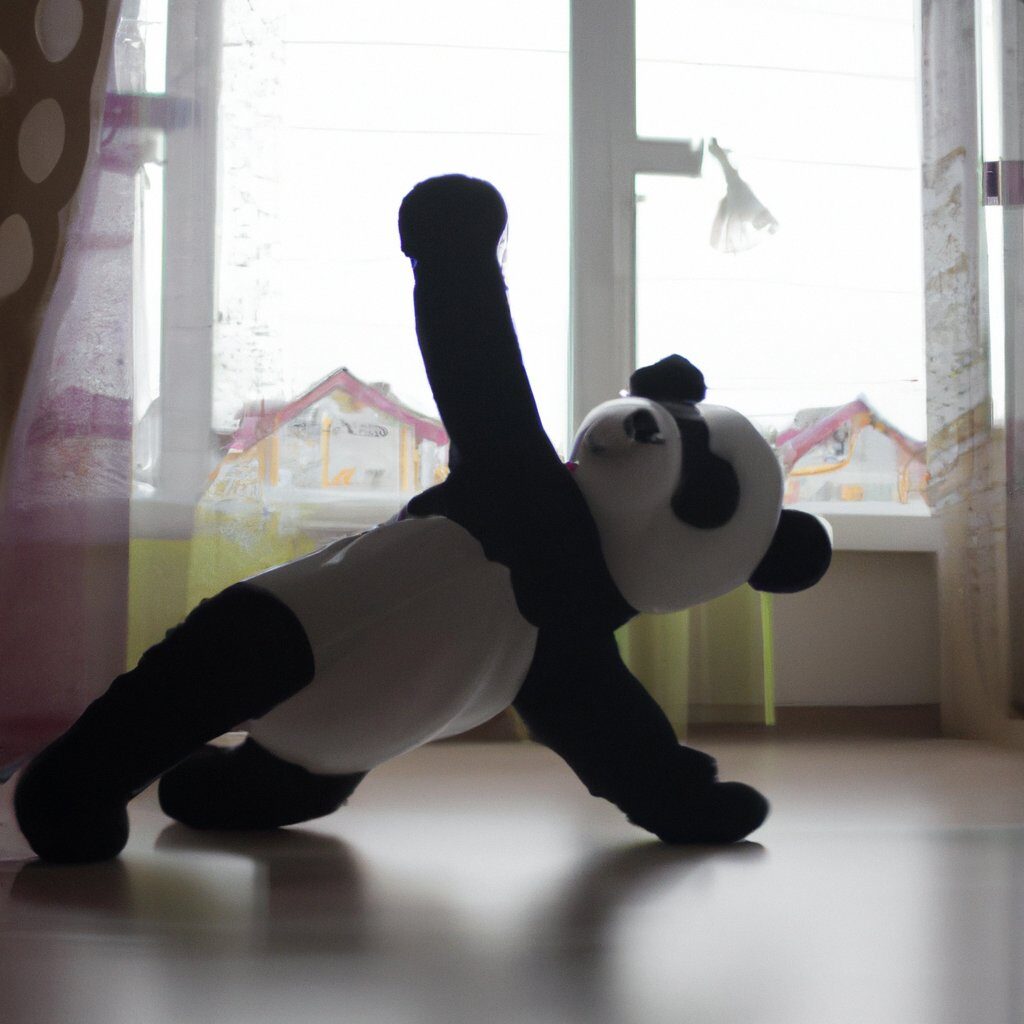
Anxiety is a feeling of unease, such as worry or fear, usually about something that might happen.
What is Anxiety?
Anxiety is characterized by physical symptoms that are the body’s way of preparing for danger. These symptoms can include:
- racing heart
- shortness of breath
- dizziness
- nausea
- stomach aches
- irritability
Anxiety is not a mental illness. It is a normal response to stress and anxiety disorders are treatable.
How To Remove Anxiety From Your Everyday Life?
There are many ways to reduce anxiety in your everyday life. Here are the top 7 effective ones.
1. Exercise Regularly

Exercise can be a great way to cope with anxiety and stress. It helps to re-direct your attention away from anxious thoughts and can boost your mood by releasing feel-good endorphins. We all know how good it feels to exercise, but sometimes getting motivated can be the hardest part. Below are some tips on how to get started and stay motivated:
- Set realistic goals. Creating an exercise plan that is tailored to your current fitness level, schedule, and lifestyle can help increase your chances of success.
- Find an activity you enjoy. If you don’t enjoy the type of exercise you’re doing, you’re less likely to stick with it. There are endless options for physical activity, so find something that you enjoy and that fits your lifestyle.
- Set realistic goals. Aiming to lose 20 pounds in one month is not realistic or healthy. Set goals that you know you can accomplish—like adding a 20-minute walk to your morning routine.
- Get moving. Taking the first step can be difficult, but once you get going, you’ll be on your way to meeting your goals.
- Include others. Find a friend or family member who wants to get active to get help on days when you don’t feel like moving.
2. Limit Alcohol Consumption
Anxiety can be difficult to manage, and often alcohol is seen as a quick fix for stress. However, this isn’t always the case. Drinking can actually interfere with the balance of neurotransmitters, which can lead to more anxiety in the long run. If you’re struggling with anxiety, it’s important to keep your consumption under control in order to maintain a healthy level of mental health. There are many different ways to reduce anxiety without resorting to drinking.
3. Quit Smoking
Smoking is associated with an increased risk of developing anxiety disorders, and quitting early can help to prevent this. In the short term, smoking, like alcohol may help you relieve stress. however, smoking can actually worsen anxiety by increasing stress levels in the long term. It’s important to be mindful of your smoking habits and to seek out help if you find that your anxiety is becoming a problem.
4. Moderate Caffeine Intake

Too much caffeine can cause nervousness and jitters, neither of which is good if you’re anxious. Researchers have found that a high caffeine intake—around 400 milligrams per day—can increase anxiety and lead to panic attacks. For people who are already prone to anxiety, caffeine may cause or worsen symptoms of the disorder.
5. Get Adequate Sleep
Sleep has been proven time and time again to be an important part of good mental health. Getting 7-9 hours of sleep each night can help combat anxiety and stress. A lack of sleep can make you feel more irritable and stressed. Consider taking a nap or going to bed earlier if you have trouble sleeping.
Here are some tips on how you can get good sleep every night:
- Get up at the same time each day (including weekends)
- Avoid using electronics before bed
- Keep your bedroom cool and dark
- Have a relaxing bedtime routine by incorporating activities like bedtime yoga.
6. Meditate and Practice Mindfulness

Meditation and mindfulness have been known to be effective in reducing anxiety. Practicing meditation can help to quiet the mind, reduce stress, and ultimately lead to a calmer state. Mindfulness is also a great tool for managing anxiety. This involves being aware of thoughts and emotions without judgment and accepting them as they are. Taking time out of the day to practice these techniques can help to reduce anxiety levels significantly.
7. Follow a Balanced Diet
One of the most effective ways to reduce anxiety is to follow a balanced diet. Eating a variety of nutrient-rich foods can help regulate your body’s hormones, which in turn can decrease feelings of stress and anxiety. It is important to include whole grains, fruits, vegetables, and proteins in your daily meals. Additionally, it is beneficial to limit your intake of processed foods and sugar, as they may increase the risk of developing anxiety and depression. Eating healthy will not only help reduce anxiety, but also provide the necessary nutrients to maintain overall physical and mental health.
Conclusion
If you’re feeling nervous, the ideas we just discussed may help put your mind at ease. However, if nothing works, seek professional help. Your anxiety just might be pointing at an unknown medical condition.
